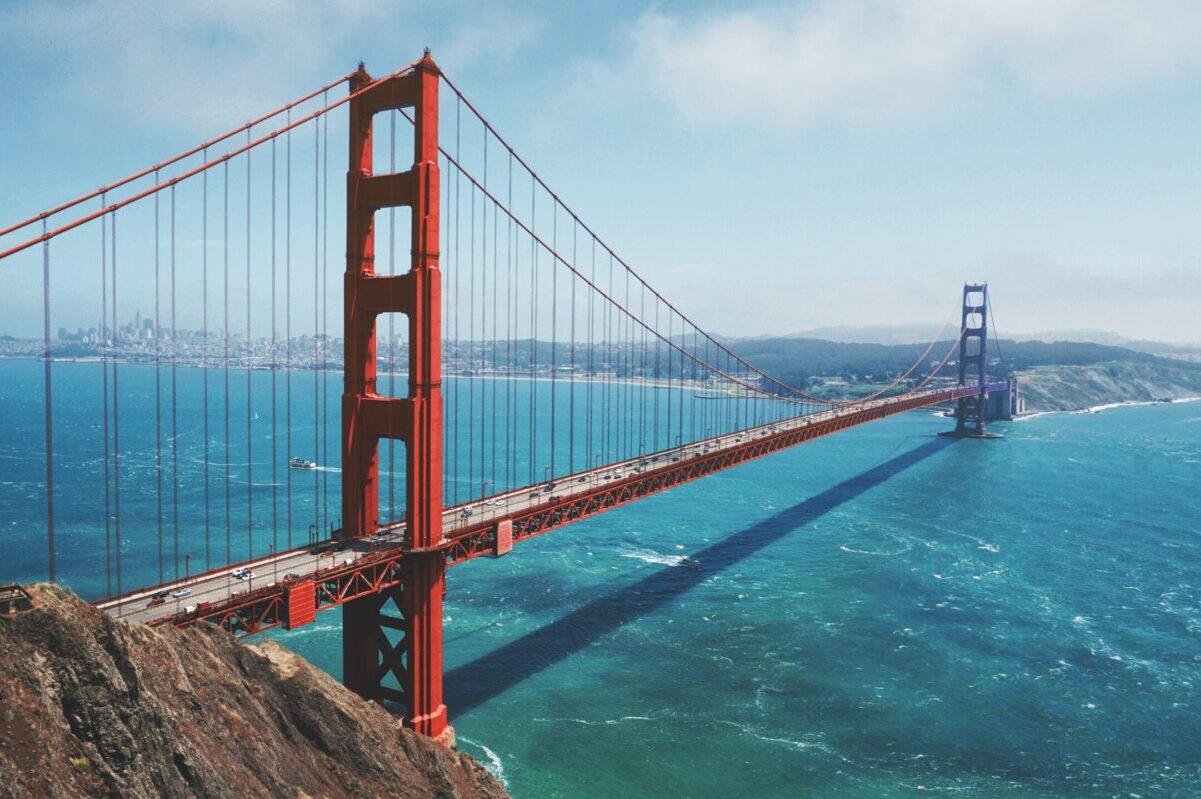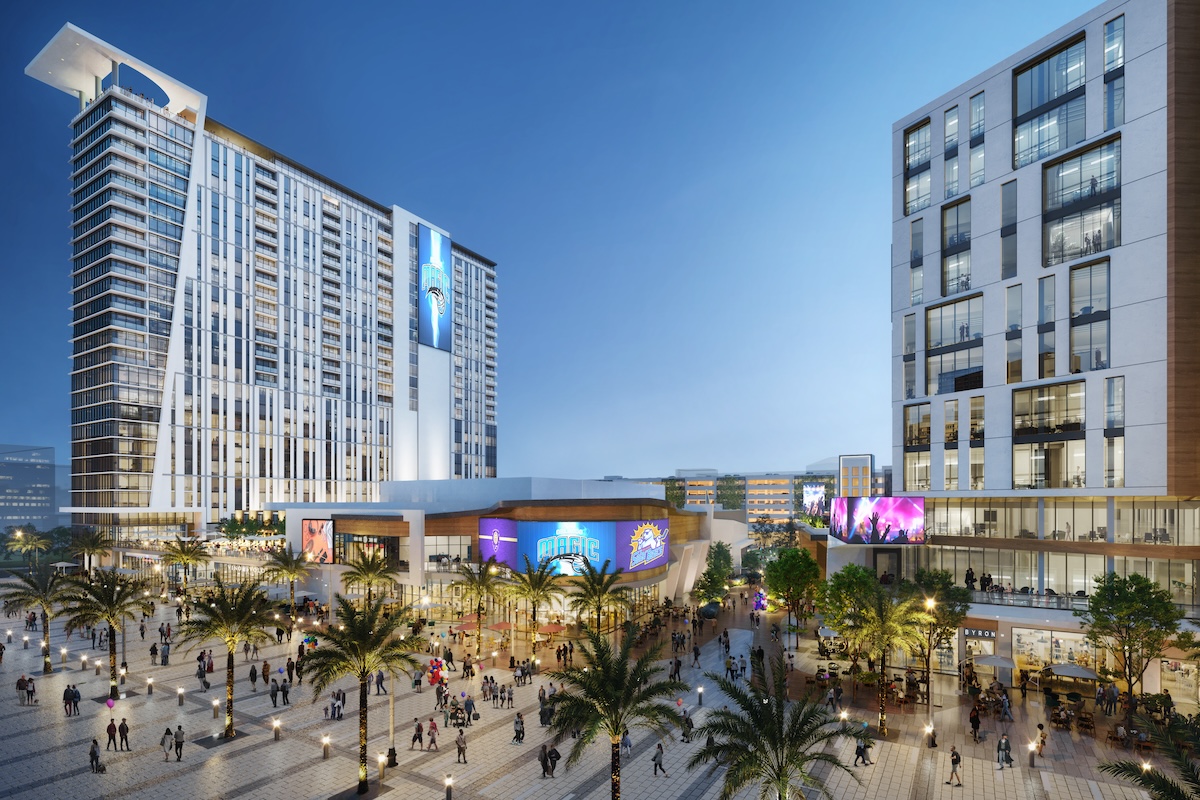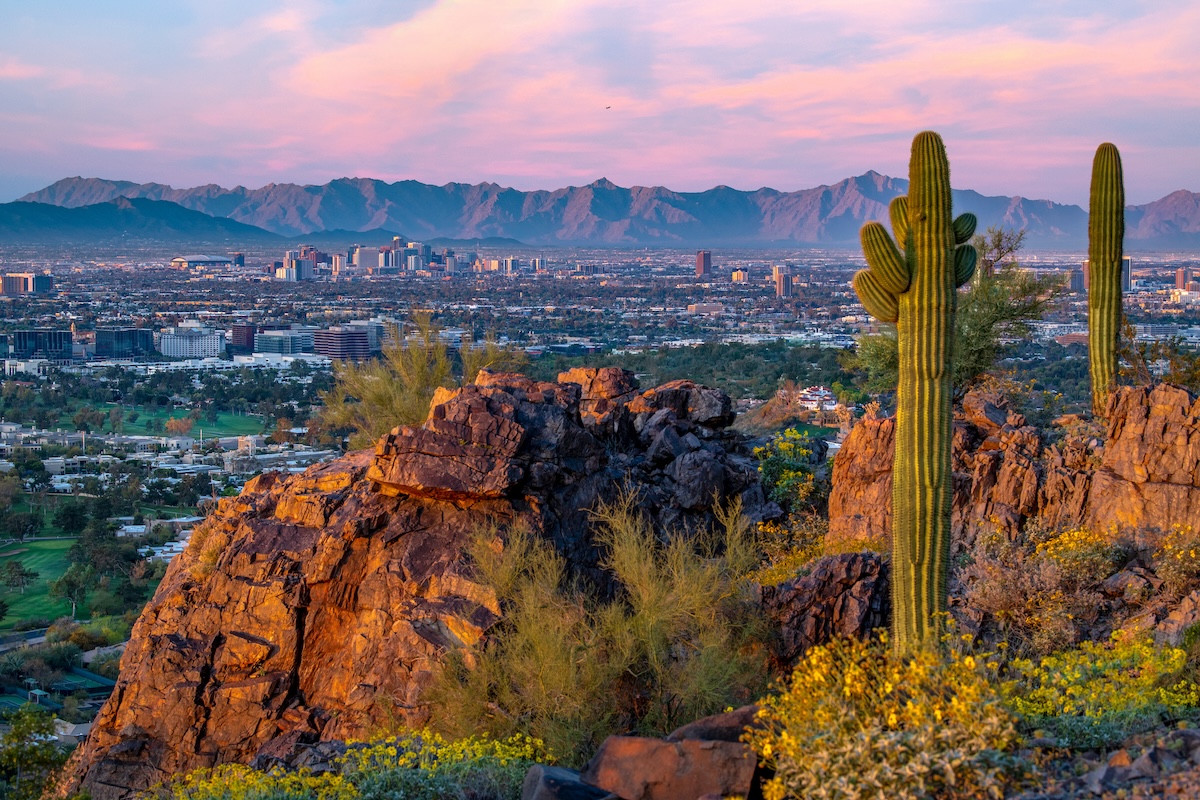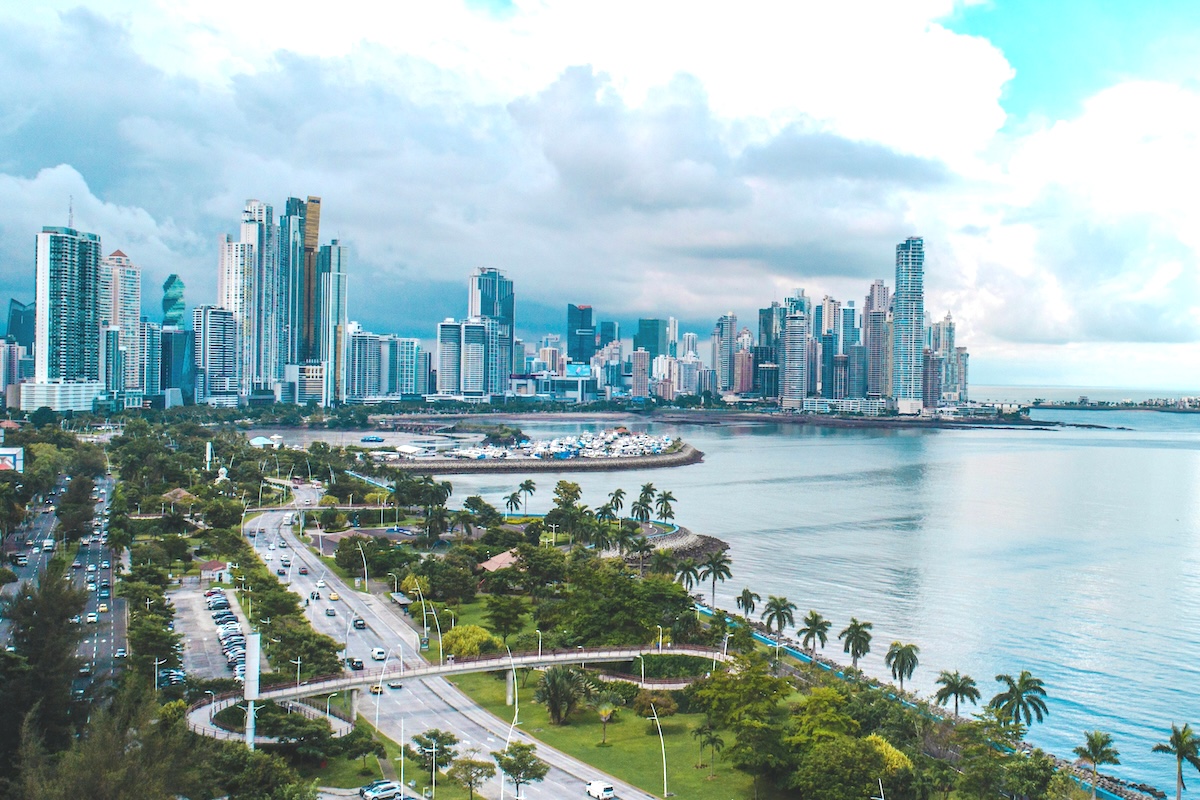Skift Take
As travel returns to almost all major U.S. cities, San Francisco is a notable exception. Rising crime, homelessness, and high prices mean events are far from returning to 2019 levels.
San Francisco, a popular meeting and convention destination, is taking longer to recover than other major U.S. cities. To make matters worse, now real estate investment companies are pulling out of the city. Not only that, but they are citing reduced convention-driven demand as one of the reasons for dropping the hotels.
Park Hotels & Resorts is planning to remove two of San Francisco’s largest downtown hotels from its portfolio. These hotels in question are the 1,921-room Hilton San Francisco Union Square and the 1,024-room Parc 55 San Francisco, which represent around nine percent of the city’s hotel room stock. This will be the largest US hotel default since the Covid pandemic. Reduced convention-driven demand played a part in this decision. The company said San Francisco’s convention-driven demand is expected to be 40 percent lower between 2023 and 2027 compared with the pre-Covid pandemic average.
“Convention room nights in 2024 are expected to be significantly lower than 2019, one of the best years from a room night perspective the center (Moscone Center) has ever had. Our 2019 room night numbers are not reflective of the pre-pandemic average,” said Nicole Rogers, executive vice president and chief sales officer at the San Francisco Travel Association, the city’s convention bureau.
According to Rogers, forecasts point to convention room nights growing steadily each year starting in 2025. “By 2030, we forecast being above 85 percent of 2019 and almost 100 percent of the average pre-pandemic,” said Rogers.
Cvent’s latest destination rankings place San Francisco in 20th overall for the U.S., a low point for the city. It now trails cities like Fort Lauderdale, FL, and Scottsdale, AZ, with less than half the number of hotel rooms. At the same time, San Francisco has among the highest average hotel room prices, on par with New York, NY, and Washington, DC.
Far from 2019 Convention Records
San Francisco Travel expects conventions to account for over 663,262 hotel room nights attributed to Moscone Center this year. This is higher than 2018’s 651,299 room nights but far below 2019’s record-high 967,861 following the Moscone Center expansion.
The 2019 numbers seem unattainable, at least for the near future. “Weaker convention attendance is projected for each following year through 2030,” said Rogers.
However, Rogers also points out that the last two conventions San Francisco hosted, the American Psychiatric and American Institute of Architects, exceeded 2019 attendance numbers.
Putting Plans in Place
Rogers says it was no secret that San Francisco’s tourism industry would be slower to recover. However, it is making steady progress in driving tourism recovery, including conventions and events.
One way it plans to do this is by securing more corporate events. These events are more likely to occur in hotels because they are smaller in size and have shorter lead times than citywide conventions. In 2022, 75 percent of group room nights were for events outside of Moscone Center.
“At the same time, we are leveraging the ¼ percent Tourism Improvement District (TID) increase effective in 2024 for new Moscone Center bookings in future years. Next year, the money generated from the TID increase will build an $8 to $10 million incentive fund to attract and retain convention business at Moscone Center through 2038,” she said.
The bureau launched a multi-million-dollar global marketing campaign, “Always San Francisco,” aimed at key meeting and convention source markets — New York, Chicago, Washington, D.C., Boston, and Houston. The more than $6 million campaign features San Francisco Travel’s first TV ad and iconic locations and landmarks.
Combatting Negativity
The city has to overcome a negative narrative. Rogers says, “It’s being driven by sensationalized media coverage.”
She adds, “San Francisco is singled out for challenges facing most large U.S. cities. While the city has challenges it needs to address — and it is addressing them — the skewed narrative does not reflect the day-to-day experience of most visitors or the fact that San Francisco is among the safest cities in the country. Ninety-two percent of those we surveyed in San Francisco last year said they would return — this is one of the highest return response rates in the country.”
Looking ahead, San Francisco will draw plenty of media attention later this year as it hosts the APEC CEO Summit. The event brings together 21 economies from around the Asia-Pacific to collaborate on shared goals.
Photo credit: Martin Van Den Heuvel / Unsplash





